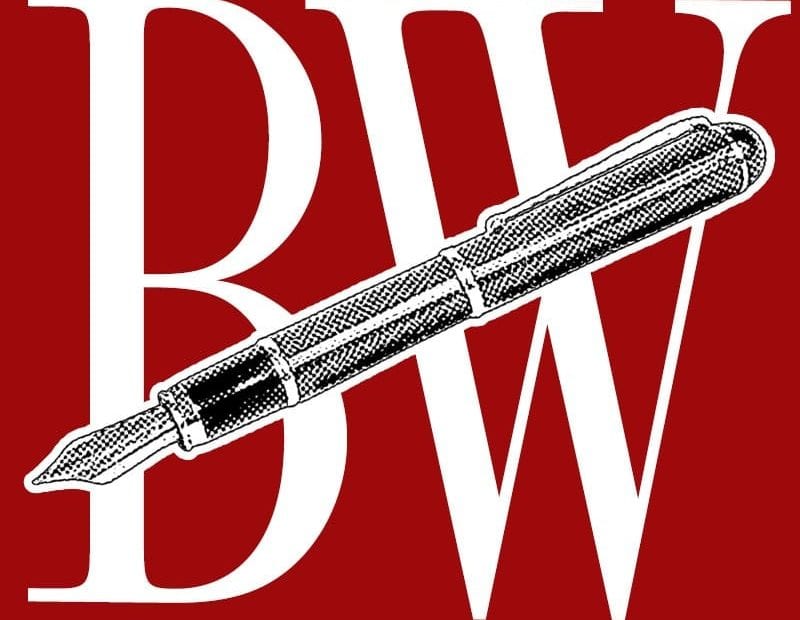Editorial
 Two months (and it’s not even that, really) is not a huge sample size when it comes to any new business. But especially one as large and far-reaching as the $950 million MGM Springfield.
Two months (and it’s not even that, really) is not a huge sample size when it comes to any new business. But especially one as large and far-reaching as the $950 million MGM Springfield.
But it might just be enough to offer some commentary — specifically the thought that, thus far, MGM seems to be everything that most of us thought it would be. Meanwhile, it is not what some feared it might become.
Yes, we need to elaborate. And let’s start with the latter.
Many feared that the casino would become predatory in nature (that’s the word many people used), in that it would devour business and employees from other employers, and disposable income from area residents. In other words, it would become a drain of sorts.
Thus far, we really haven’t seen much, if any, of that. To be sure, many of those now wearing MGM Springfield uniforms and name badges were working for someone else several months ago. But thus far, it would be fair to say that most area employers have not been negatively impacted by the arrival of the resort casino.
As for siphoning off business from others … there’s certainly been some of that, too. It’s fair to assume that many of those taking in the first several Patriots’ games at the casino might have been eating chicken wings, drinking craft brews, and watching a big screen in one of the area’s many other sports bars and restaurants. But there’s always been stern competition for those dollars, and this is just one more competitor.
From what we’ve been able to gather — and this is unscientific data collection to be sure — downtown restaurants are doing at least as well as they were before MGM Springfield, and probably better, because there are more people downtown.
And we’re sure we heard somewhere — actually, everywhere — that the Big E set a new attendance record this year, and the middle Saturday set an all-time one-day mark for visitors. You could say it did that in spite of the casino, but it might be better to say that it did that partly because of the casino.
And then there’s traffic, or the worries about it. Some people, especially those living in Longmeadow who commute via I-91, were anticipating the worst when it came to the ride home. The traffic onto Route 5 was already bad, and while it hasn’t gotten any better, it really hasn’t become any worse since the casino opened.
Overall, and we’re not sure this is a good thing or a bad thing, there are days when it would be safe to say that if you didn’t know there was a $960 million casino in the heart of downtown — well, you wouldn’t know.
However, there aren’t many days like that. Which brings us to the first part of the equation — what the casino has become.
It has become a nice addition to the landscape. Thus far, it’s not changing the landscape, and it’s not defining who we are — although the casino seems to be all anyone wants to talk about when it comes to this region lately. And why not? It’s brand new, and there’s lots to talk about.
When it was being planned and built, people talked about the casino as a spark, a momentum builder, maybe even a game changer for the city and the region. It’s far too early to say it’s acting as a game changer, but not too early to say it’s provided a spark and some momentum — as a visit downtown on a Saturday night will make abundantly clear.
Like we said, two months, give or take, is a very small sample size.
But so far, the casino is mostly everything we hoped it would be, and nothing we feared it could be.








